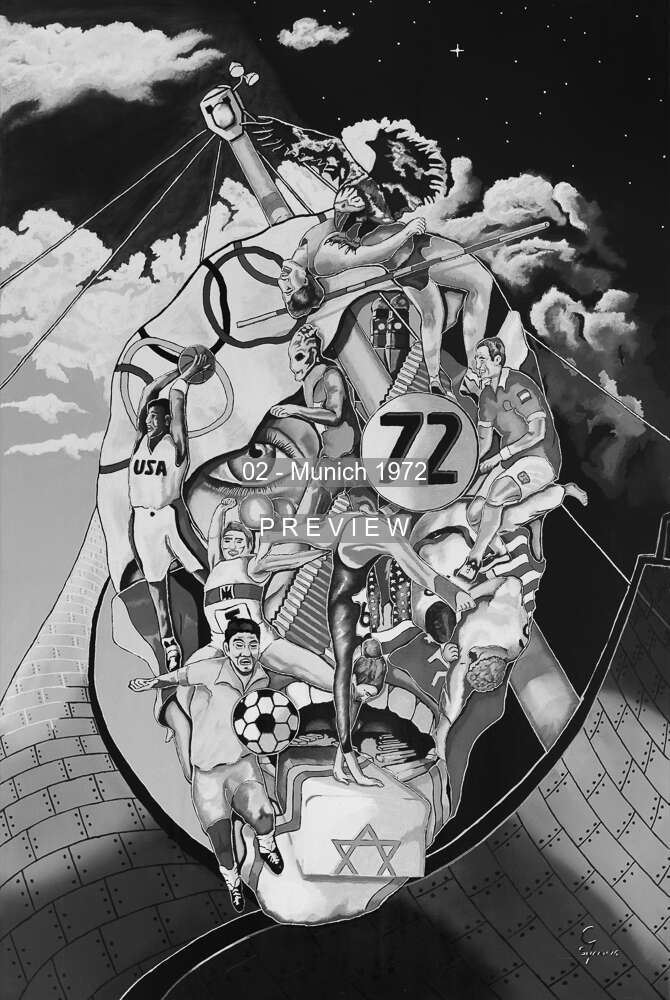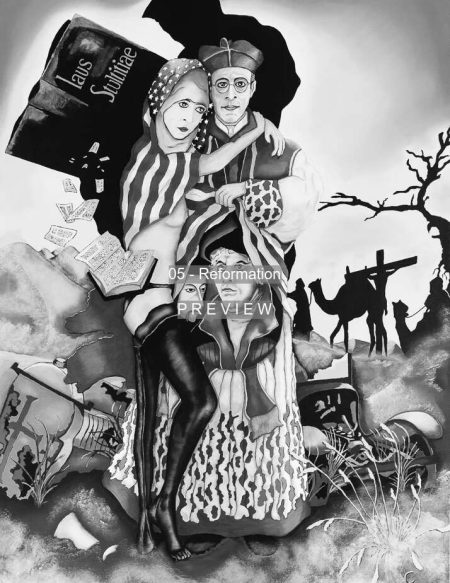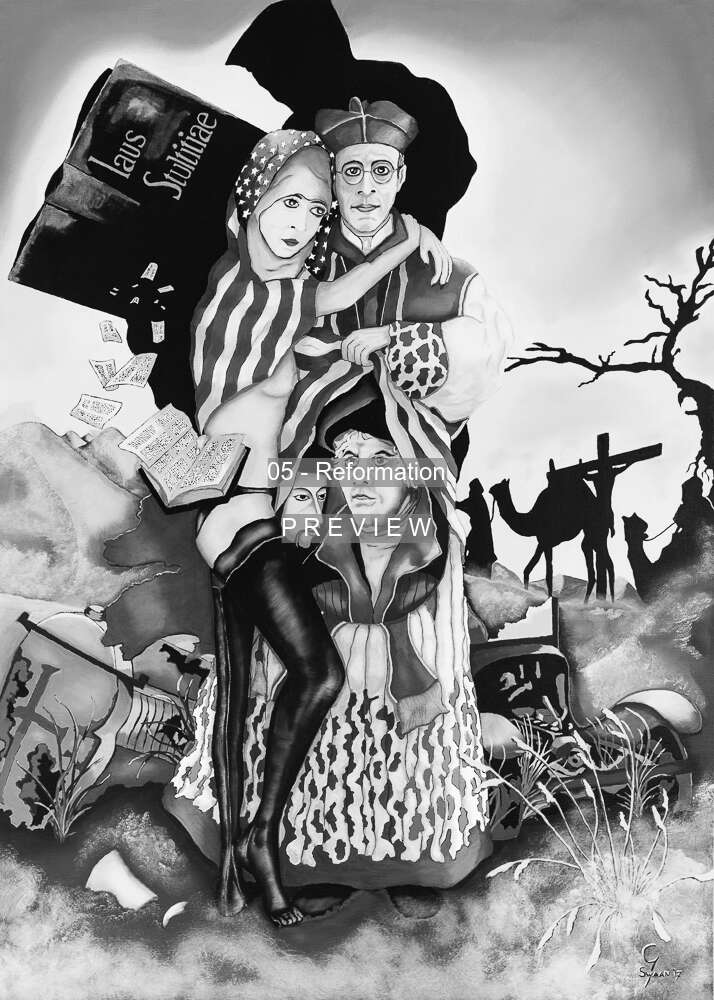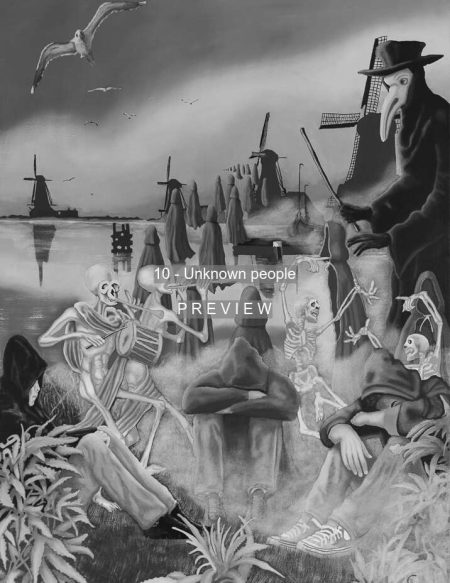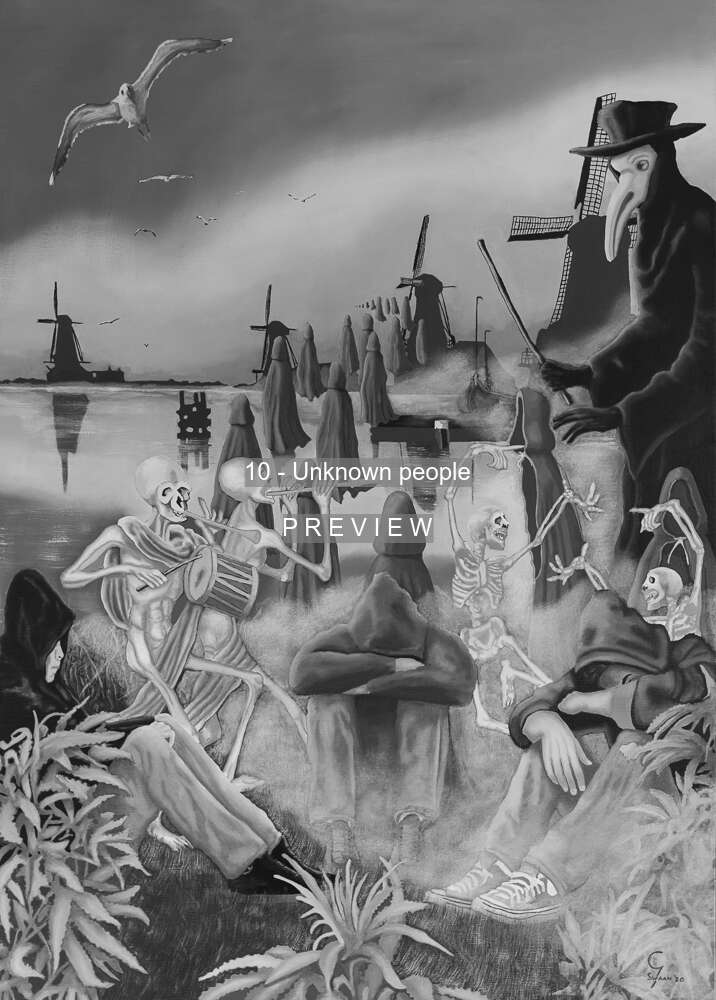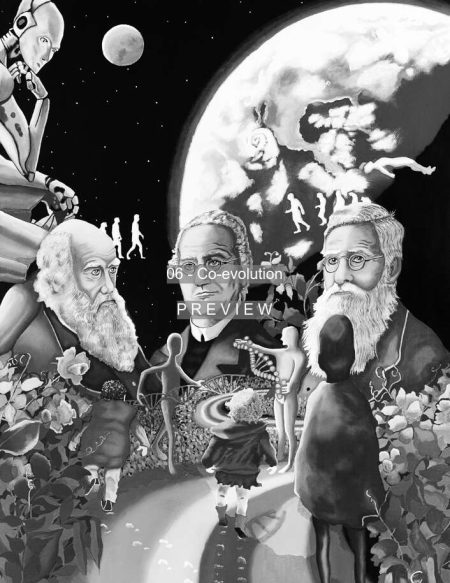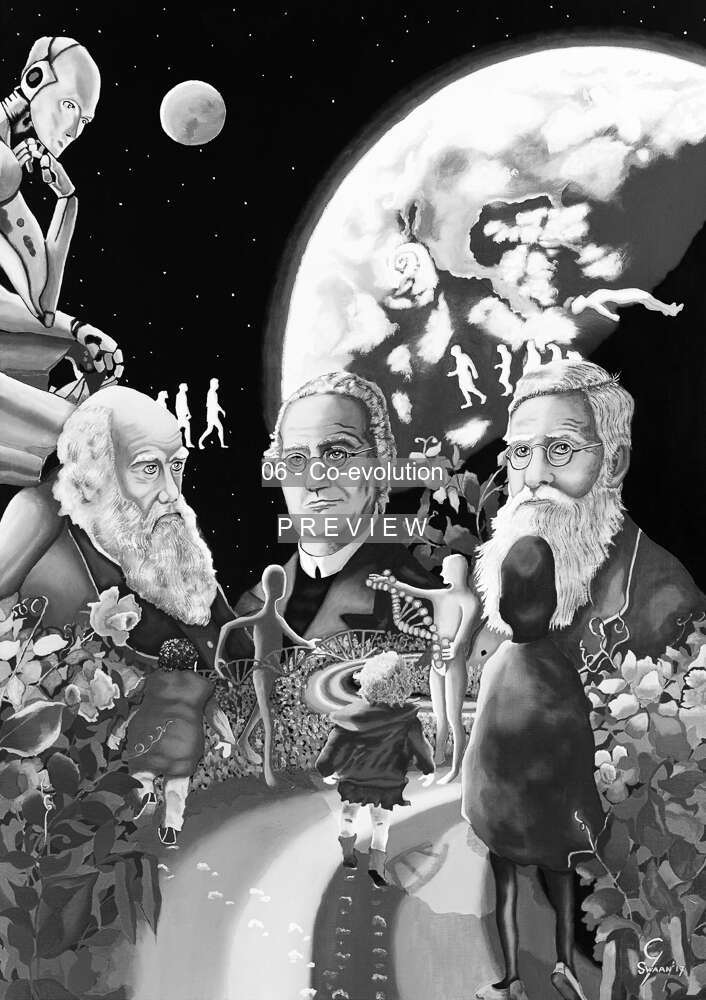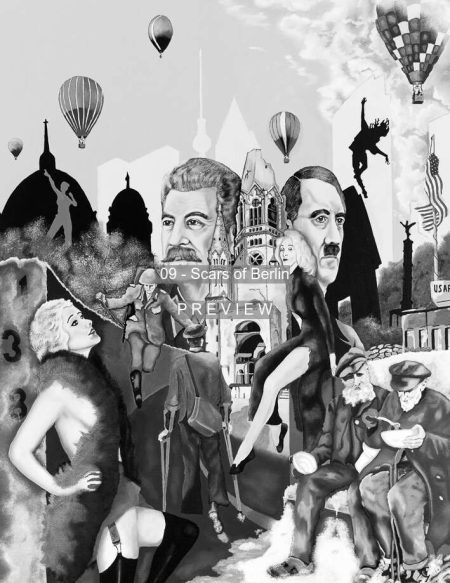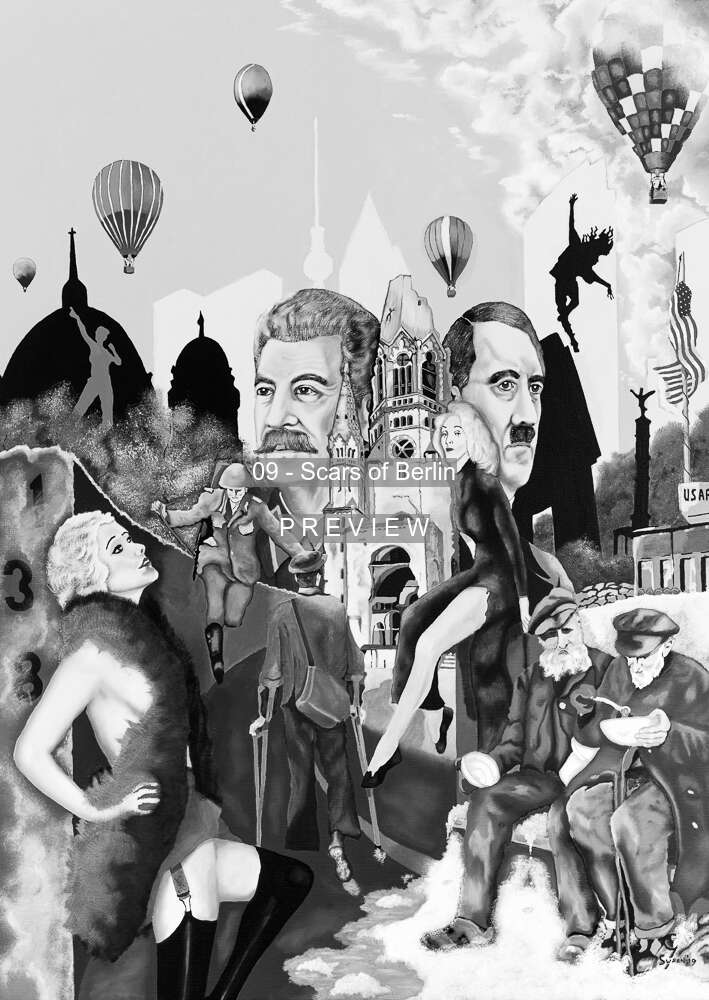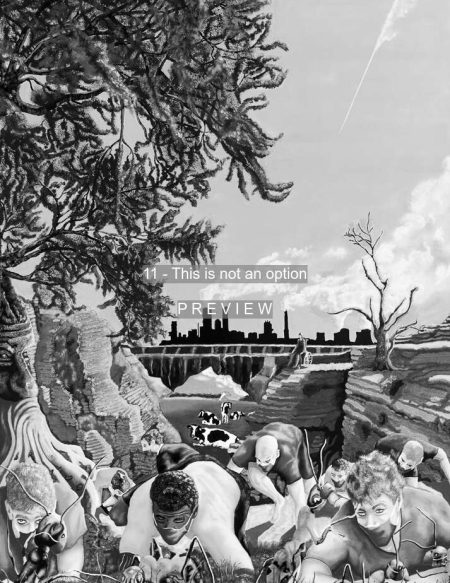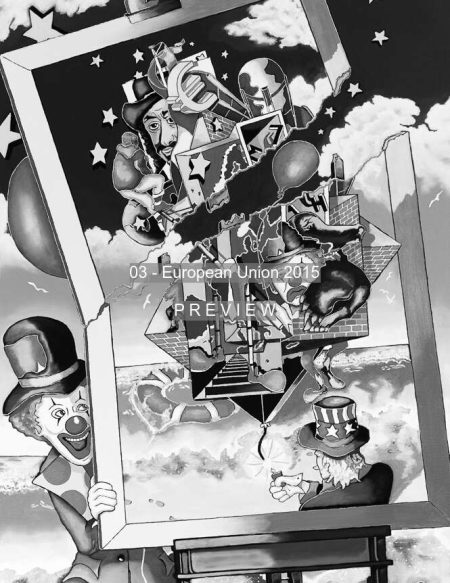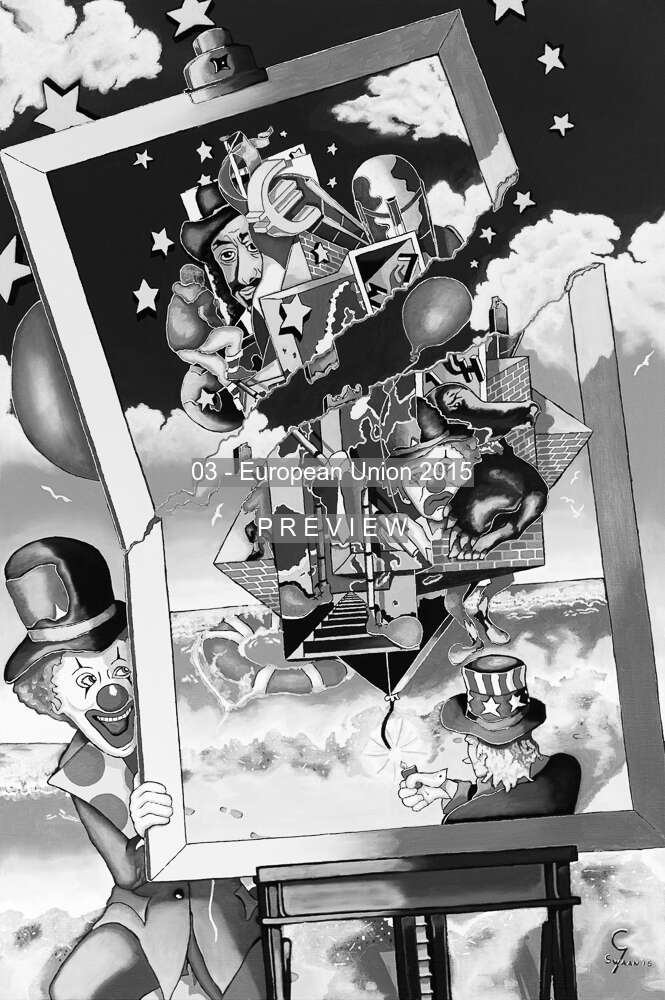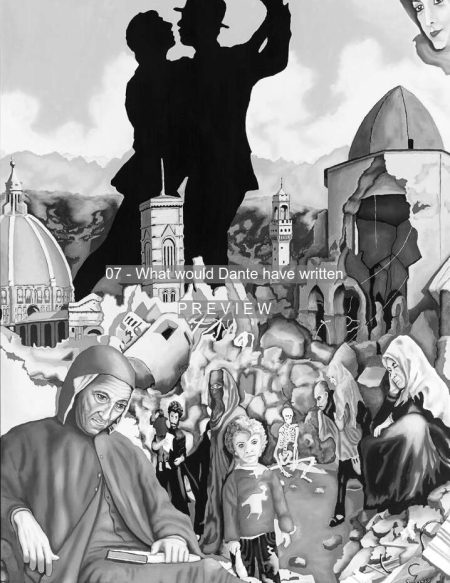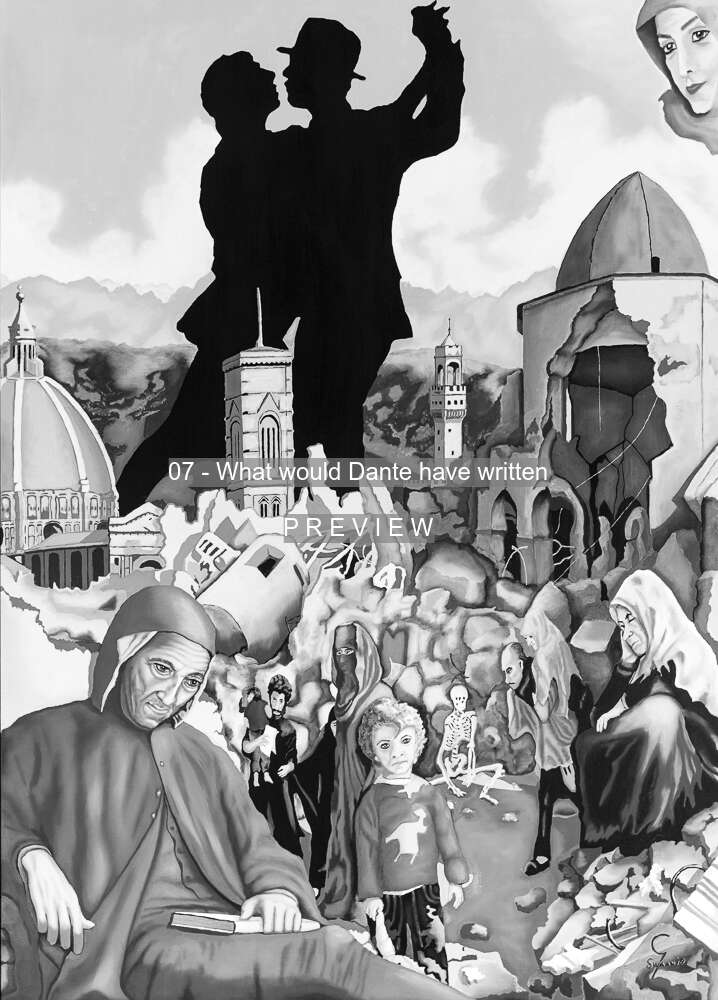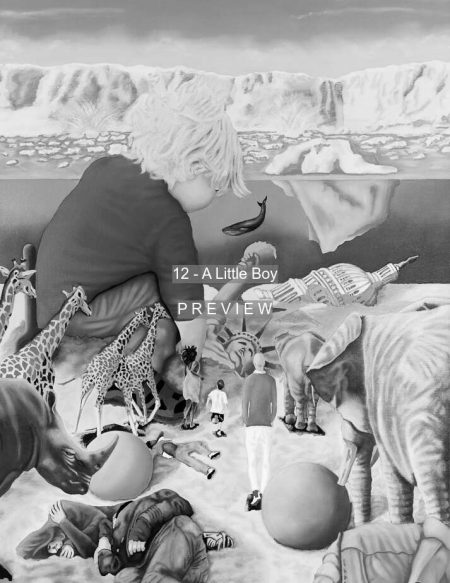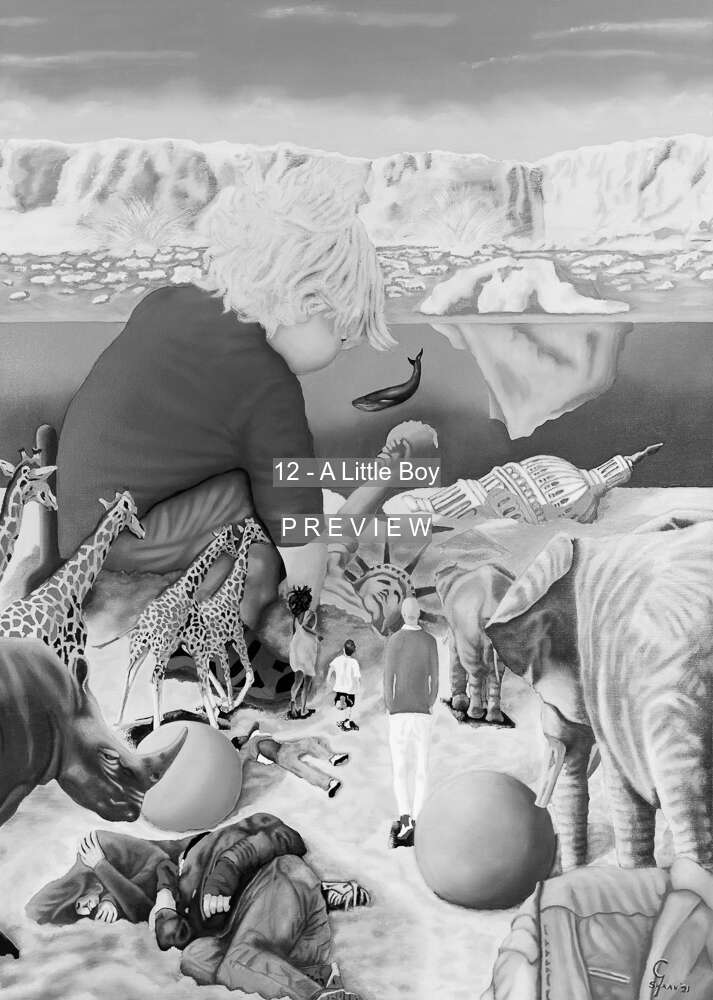Description
This is a concept drawing of Munich in 1972. This oil painting was created in 2015 on a canvas with a wooden stretcher and placed in a black baking list. The total size of the painting is 120 x 80 cm and has been finished with a matt varnish.
The 1972 Summer Olympics were held in the southern German city of Munich, and a new sports park was constructed as part of the games. The avant-garde architecture of the translucent roof, taking the form of a spider’s web, is a truly striking building and one of the most recognizable of the three largest stadiums. The Munich Games were, above all, meant to be cheerful Games, with the German organizers hoping to erase the memories of the dubious 1936 edition in Berlin.
This is another clear example that politics and sport are inextricably linked. During the first week, it was also an exemplary sports party; however, this was brutally disrupted on the night of September 4, when a number of Palestinian fighters from the Black September organization invaded the Israeli shelter in the Olympic village. The Palestinians killed two Israelis and took nine members of the Israeli squad hostage. After long negotiations, a failed rescue operation took place at the airport in which all nine hostages were eventually killed. A German policeman was also killed, while five of the eight hostage-takers also died during the attempts to rescue the athletes. The Games were halted for a day, with a memorial service being held at the Olympic stadium, but ultimately the IOC decided ‘The Games must go on.
Another low point during these games, especially among the GDR athletes, was the widespread doping. The basketball final between the United States and the Soviet Union ended with controversy, as the final seconds were played three times. On the last time, the Soviet Union scored the winning basket, but during the medal ceremony, the United States players refused to accept the silver medals. It was during the 1972 Games that it was decided that men’s judo would now have a permanent place at the Games.
Gerrit Swaan

